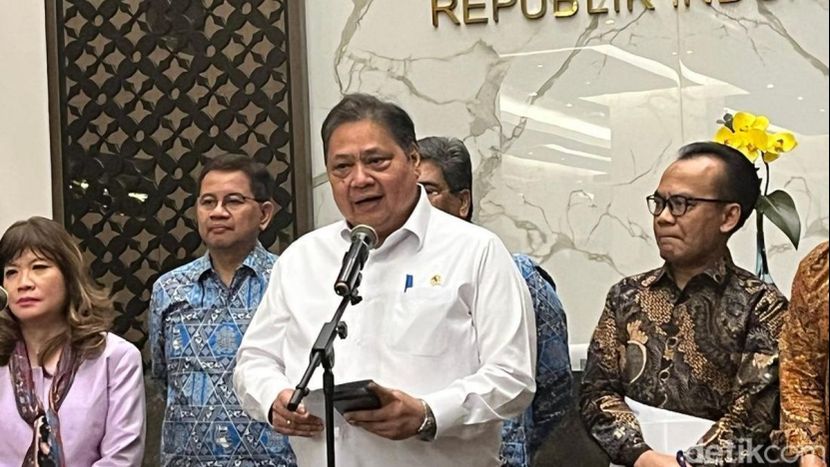Significant adjustments to Indonesia's import policy involving import quotas

President Prabowo plans a major change in import policy that will eliminate import quotas for some goods.However, this initiative is not a total liberalization of imports, but rather targets only specific commodities for which domestic production is unable to meet demand and for which self-sufficiency has not yet been achieved.
Taking the meat market as an example, Indonesia's domestic meat production is not yet able to fully meet the population's consumption needs, and still needs to rely on imports to fill the gap. Relevant data show that beef and other livestock meat, as well as soybeans, garlic and other commodities in the Indonesian market are in short supply. Against this backdrop, President Prabowo clearly instructed the Minister of Agriculture and the Minister of Trade at the Economic Seminar to abolish import quotas for commodities related to people's livelihoods, such as meat, emphasizing that there should not be a phenomenon in which only specific companies can import. While the President did not elaborate on the alleged malpractice, previous investigations have shown that the import quota system is riddled with corruption, creating opportunities for rent-seeking behaviours, which have led to soaring market prices for a variety of commodities, including meat, garlic and salmon.
Meanwhile, on April 10, Indonesia's Ministry of Economic Coordination released a news release saying that Indonesia's product exports are not highly dependent on the U.S. market. From the data, the United States is not Indonesia's main export destination, its contribution to Indonesia's GDP is only 2.2%, in the total value of Indonesia's trade accounted for only 17%. at present, China is Indonesia's main export destination. Indonesia's Ministry of Economic Coordination emphasized that Indonesia's product exports are not entirely dependent on a single country, and export destinations show a diversified trend. In order to further expand access to markets other than the United States, the Indonesian government is actively promoting a series of international trade agreements and initiatives, and seeks to enhance the level of trade cooperation with other countries and explore more new trade opportunities.
At a time when the global trade pattern is constantly changing, Indonesia's abolition of import quotas for some commodities has helped to meet domestic market demand and enhance livelihood protection; while the solid diversification of the export pattern, especially the strengthening of cooperation with major trading partners such as China, has injected new impetus into the sustained and stable development of Indonesia's economy.

